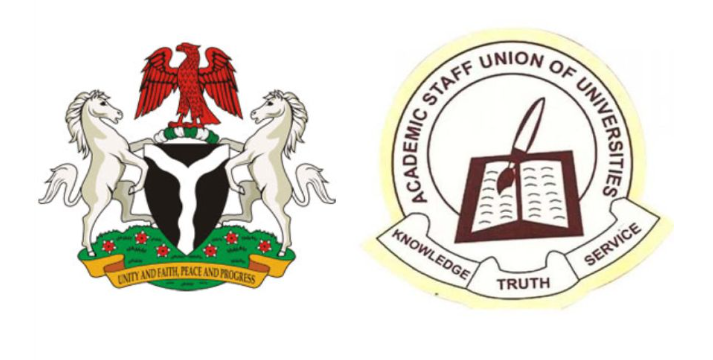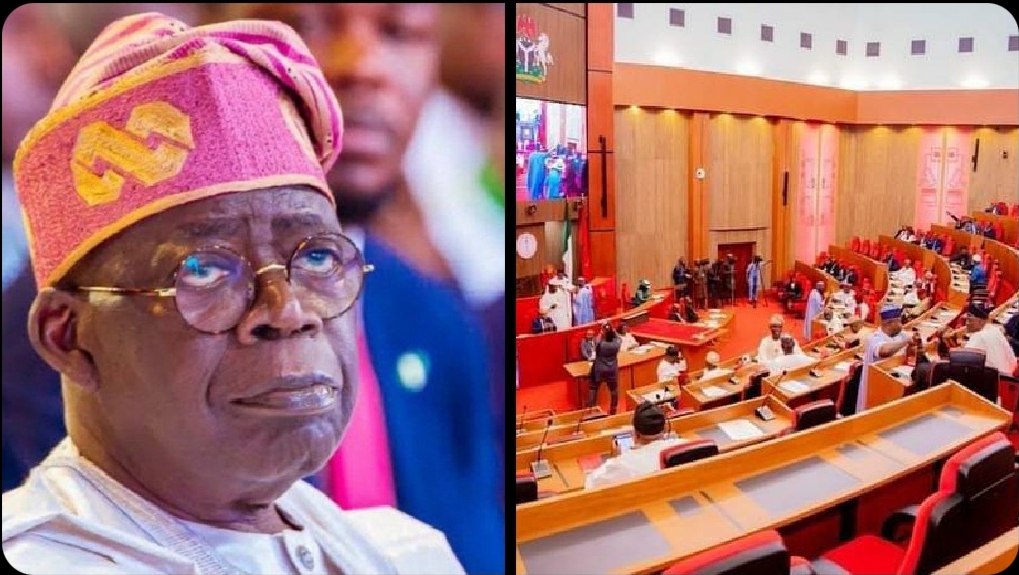
FG Orders Strict Enforcement of “No Work, No Pay” Policy as ASUU Strike Deepens Tension in Nigerian Universities

The Nigerian Federal Government has taken a hardline stance against the Academic Staff Union of Universities (ASUU), directing vice-chancellors across all federal institutions to enforce the “no work, no pay” policy on striking lecturers. This directive, which many see as a calculated move to break the ongoing warning strike, is contained in a circular dated October 13, 2025, and signed by the Minister of Education, Dr. Tunji Alausa. The circular has been distributed to key education stakeholders, including the Head of the Civil Service of the Federation, the pro-chancellors of federal universities, the Accountant-General of the Federation, and the Executive Secretary of the National Universities Commission (NUC).
According to the Minister, the Federal Government expressed deep disappointment at ASUU’s decision to embark on strike despite what it described as ongoing efforts to resolve the lingering disputes through dialogue. The circular emphasized that the government would no longer tolerate disruptions to the academic calendar, stressing that university education in Nigeria has suffered repeated interruptions due to incessant industrial actions. Citing existing labour laws, the Minister reiterated that any employee who refuses to work during a strike period will not be entitled to any form of remuneration for that period.
Dr. Alausa further instructed all vice-chancellors to immediately conduct roll calls and physical headcounts of academic staff members, identifying those who are present and performing their duties versus those who have abandoned work due to the strike. He mandated that salaries of those absent from duty be withheld in strict adherence to the “no work, no pay” policy. However, he made a clear distinction for members of the Congress of University Academics (CONUA) and the National Association of Medical and Dental Academics (NAMDA), who are not participating in the strike. According to him, these groups are to continue receiving their full salaries and entitlements without interruption.
This directive comes at a tense moment when the ASUU strike, initially declared as a two-week warning action on October 12, threatens to snowball into a full-scale industrial showdown if the government fails to address the union’s demands. Among the issues raised by ASUU are the payment of withheld salaries from previous strikes, the immediate disbursement of N50 billion in earned academic allowances, renegotiation of the long-standing 2009 agreement, and the redress of victimized lecturers in several universities. The union has also accused the government of insincerity, saying it has repeatedly failed to implement agreements voluntarily signed with the union.
ASUU President, Professor Chris Piwuna, has maintained that no amount of intimidation or policy enforcement will deter lecturers from fighting for their rights. In his words, the government’s resort to threats and coercive tactics is a sign of desperation rather than genuine commitment to improving the university system. He argued that the “no work, no pay” policy is a repressive measure that undermines the principles of collective bargaining and industrial democracy.
Meanwhile, the Nigeria Labour Congress (NLC) has thrown its weight behind ASUU, condemning the government’s approach as counterproductive and provocative. NLC President, Joe Ajaero, in a strongly worded statement, described the ASUU strike as a “direct consequence” of the Federal Government’s persistent refusal to honour agreements reached through collective bargaining. He stated that rather than punishing lecturers, the government should address the root causes of the dispute, especially the chronic underfunding of public universities and the failure to implement policies that would improve the welfare of academic and non-academic staff.
Ajaero accused the government of selectively applying the “no work, no pay” rule, noting that it continues to pay political appointees and government officials who fail to perform their duties effectively. He insisted that the principle must be applied fairly across all sectors if the government intends to be taken seriously. According to him, the strike is not a show of defiance but a legitimate response to the government’s neglect of its responsibilities toward the education sector.
It would be recalled that following the prolonged ASUU strike of 2022, which lasted several months and crippled academic activities nationwide, the administration of then Minister of Labour and Employment, Chris Ngige, registered CONUA and NAMDA as alternative academic unions. Many observers interpreted this move as a deliberate attempt to weaken ASUU’s influence and prevent future total shutdowns of the university system. Since then, CONUA and NAMDA have maintained a cooperative relationship with the government, often dissociating themselves from ASUU’s industrial actions.
On many campuses visited across the country, reports indicate that lecturers affiliated with ASUU have fully complied with the strike directive, leaving lecture halls empty and students stranded. In contrast, members of CONUA and NAMDA were seen conducting lectures and academic activities, albeit on a limited scale. Students have expressed frustration and uncertainty about the future of their education, with many fearing another prolonged academic disruption similar to the 2022 crisis that led to the loss of an entire academic session.
The Federal Government, however, insists that it is already addressing the issues raised by ASUU and other tertiary education unions. Minister Alausa, while speaking through a statement released by his media office, claimed that substantial progress has been made in the payment of earned allowances and the implementation of reforms in university administration. He accused ASUU of politicizing its grievances and refusing to recognize the government’s genuine efforts.
Education analysts and civil society groups have reacted sharply to the government’s new directive. Some describe the move as a “short-term solution to a long-term problem,” warning that the coercive use of the “no work, no pay” policy may escalate tensions rather than resolve them. They argue that the persistent cycle of strikes and government sanctions has become a recurring feature of Nigeria’s education system, eroding both the quality of learning and public confidence in tertiary institutions.
As the two-week warning strike continues, the situation remains tense. ASUU has hinted that if the government fails to take meaningful action before the deadline, it will proceed with a total and indefinite strike. This threat, if carried out, could once again paralyze academic activities across the country, disrupt examination schedules, and extend the academic calendar beyond control.
For now, the fate of millions of Nigerian university students hangs in the balance as the standoff between the government and ASUU deepens. The “no work, no pay” directive may appear as a test of willpower, but the ultimate cost—borne by students, parents, and the nation’s educational future—could be far greater.
In the words of a final-year student at the University of Lagos who spoke under anonymity, “We are the real victims in this fight. Every strike pushes our dreams further away. The government and ASUU should find a way to talk, not fight through circulars and threats.”
As the countdown to the end of ASUU’s warning strike continues, Nigerians watch anxiously, hoping that reason and dialogue will prevail over confrontation and punishment. But with both sides standing firm, it appears that another long and painful chapter in Nigeria’s university education crisis may just be beginning.


